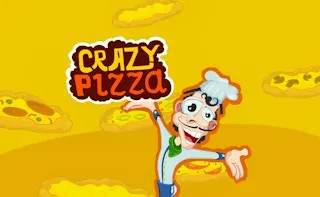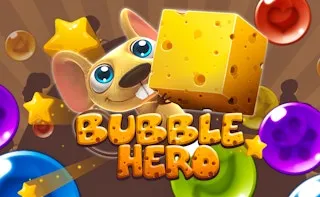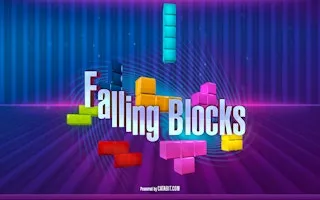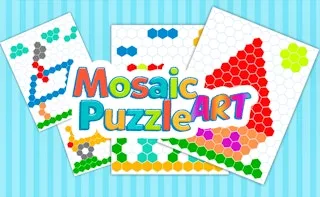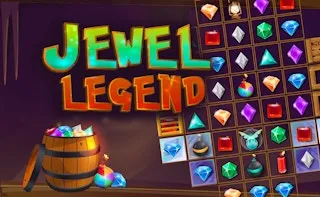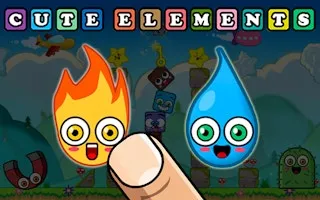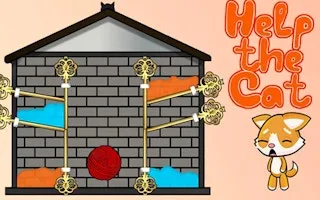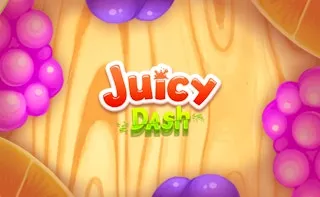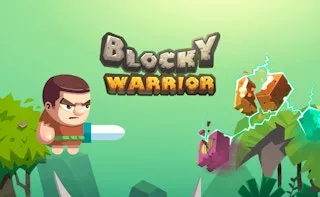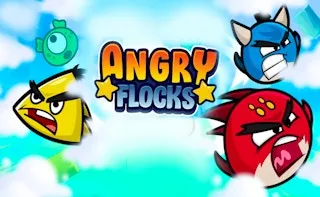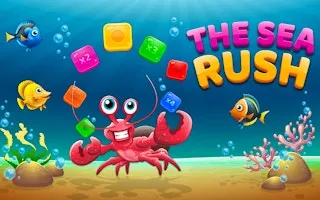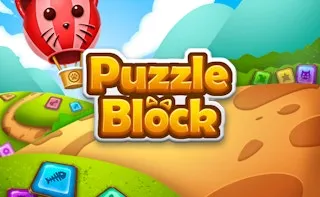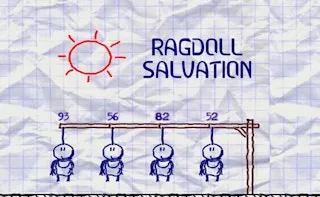Puzzle Games
600 games in total. Page 1 of 17
Puzzle games are the perfect combination of entertainment and brainpower, offering players the chance to challenge themselves while having fun.
Discover the vast and exciting world of puzzles through PunyGame’s extensive collection, where you'll find everything from classic jigsaw puzzles to modern brain teasers that push your cognitive skills to the limit.
Puzzle games have long been a favorite genre among gamers, providing the perfect balance between fun and mental stimulation. The genre has evolved significantly over the years, giving rise to a vast array of challenges that cater to various skill levels, preferences, and styles. In this in-depth analysis, we’ll explore the allure of puzzle games, focusing on the diverse range of titles, the cognitive benefits, and the reasons why this category continues to captivate players worldwide.
The Ever-Evolving World of Puzzle Games
Puzzle games are not a recent phenomenon. They have been a part of human culture for centuries, with early versions like jigsaw puzzles and crosswords dominating the scene long before video games entered the picture. However, as technology advanced, puzzle games transformed, offering more interactive, engaging, and complex experiences. Today, players have access to countless puzzle games, each with unique mechanics, from brain teasers to intricate logic puzzles that test memory, pattern recognition, and problem-solving skills. One of the key features of modern puzzle games is their ability to blend simplicity with depth. Games like The Witness, which immerses players in a world of interconnected puzzles, require a blend of patience and critical thinking. These types of games often provide a rewarding sense of accomplishment as players solve increasingly difficult challenges.Why Puzzle Games are More Than Just Entertainment?
While puzzle games are undoubtedly fun, they also offer numerous cognitive benefits. Studies have shown that regularly engaging in puzzles can improve critical thinking, memory, and problem-solving skills. This makes puzzle games an excellent choice for players looking to stay mentally sharp while enjoying their leisure time. For example, games like World of Goo and Antichamber introduce players to unique problem-solving mechanics that encourage out-of-the-box thinking. These games are not only about following a set of rules but also about understanding the principles behind them. The best puzzle games challenge the player to look at problems from different perspectives, fostering creativity and adaptability.Types of Puzzle Games
The world of puzzle games is incredibly diverse, with titles that cater to various interests and skill levels. Below are some of the most popular types of puzzle games available today: Logic Puzzles: Games like The Talos Principle require players to use logical reasoning to solve intricate problems. These puzzles often involve patterns, sequences, and spatial awareness, making them ideal for players who enjoy a mental workout. Brain Teasers: Simple yet challenging, brain teasers like Hexcells Infinite offer short bursts of mental stimulation. These games often involve solving puzzles in a limited amount of time, testing both speed and accuracy. Escape Room Games: Popularized by real-world escape rooms, games like Escape Simulator offer virtual environments where players must solve a series of puzzles to "escape" a room or location. These games often involve teamwork and creative thinking, making them great for social play. Jigsaw and Word Puzzles: Classics like Sudoku and crossword puzzles continue to be popular, offering players a relaxing yet engaging experience. These puzzles are often more about pattern recognition and linguistic skills than abstract problem-solving. Physics-Based Puzzles: Games like Trine or Besiege add a layer of complexity by incorporating physics into the puzzle-solving process. Players must take into account the weight, momentum, and structure of objects to complete the puzzles, making these games both challenging and visually satisfying.Why Players Keep Coming Back?
One of the main reasons puzzle games remain popular is their ability to provide a sense of mastery. Unlike action games, where success often relies on reflexes and coordination, puzzle games reward patience, persistence, and strategy. Players often find themselves returning to puzzle games because they offer a form of mental relaxation combined with the thrill of problem-solving. Games like The Room Series, with its intricate puzzle boxes, or Braid, with its time-manipulation mechanics, provide a perfect example of this. These games are not about rushing to the end but rather savoring the journey and the satisfaction of each solved puzzle.How Puzzle Games Challenge and Reward?
The best puzzle games know how to walk the fine line between frustration and reward. Games like Antichamber or Inside often challenge players with seemingly impossible tasks, but they also provide enough feedback and support to keep them motivated. This delicate balance is what keeps players engaged. Moreover, the narrative in many puzzle games adds another layer of depth. Games like The Witness and The Talos Principle weave intricate stories that complement the puzzles, providing players with both intellectual and emotional rewards. These games offer more than just a series of challenges—they offer an immersive experience that encourages players to reflect on their actions and decisions.Cognitive Benefits of Puzzle Games
Playing puzzle games regularly can have a significant positive impact on cognitive functions. Engaging in games that require logic, problem-solving, and critical thinking stimulates different parts of the brain, improving mental agility over time. Puzzle games like Braid and World of Goo challenge players to think multiple steps ahead, promoting strategic thinking and patience. Research also suggests that puzzle games can help improve memory and concentration, making them an excellent tool for people looking to keep their minds sharp. Games that focus on pattern recognition, such as Hexcells Infinite, are particularly effective at enhancing these cognitive abilities.Puzzle Games as a Social Experience
While many puzzle games are designed to be single-player experiences, there are also numerous options for those who enjoy solving puzzles with friends. Games like Escape Simulator and the co-op version of Unravel allow players to work together to solve challenges. These social puzzle games not only make for a fun experience but also encourage teamwork and communication. Many puzzle games include community-created levels and challenges, allowing players to continuously engage with new content. This adds a level of replayability that many other game genres lack. Players are not just solving puzzles—they are engaging with a larger community of puzzle enthusiasts who share their passion for problem-solving.The Future of Puzzle Games
As technology continues to advance, the future of puzzle games looks bright. Virtual reality (VR) and augmented reality (AR) are opening up new possibilities for the genre, allowing players to immerse themselves in puzzle-solving experiences like never before. Games like The Room VR: A Dark Matter are already making waves in the VR puzzle genre, providing players with a tactile, immersive way to interact with puzzles. Furthermore, as artificial intelligence (AI) continues to evolve, we may see puzzle games that adapt in real-time to the player’s skill level, offering a personalized experience that grows with the player. This dynamic approach could redefine what it means to play a puzzle game, making the genre even more accessible and engaging for a wider audience. The puzzle game category offers a rich and rewarding experience for players of all ages and skill levels. Whether you're a fan of classic jigsaw puzzles or modern, mind-bending challenges, there's a puzzle game out there for you. With the cognitive benefits they offer, combined with their inherent fun, puzzle games are more than just a way to pass the time—they are a powerful tool for mental growth and development.PunyGame © 2022. All rights reserved.




